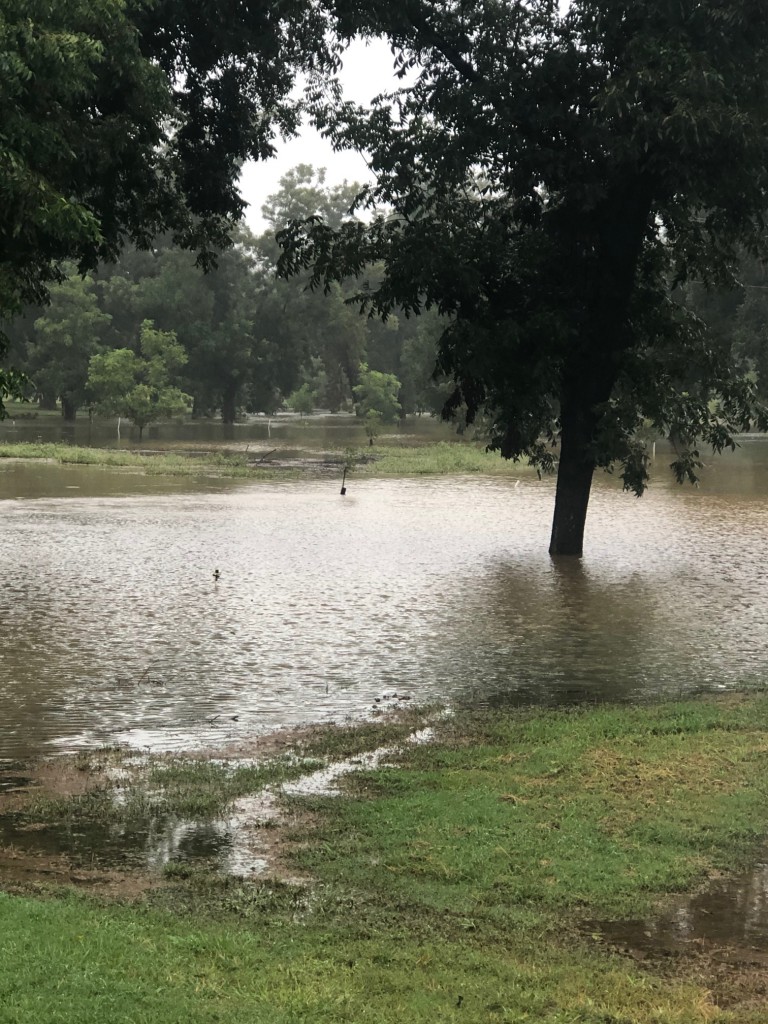Torrential rains this year have impacted farmers across the Southeast. Vegetable farmers are unable to get in the fields to apply plastic in preparation for the upcoming season.

One commodity group that could also feel the sting of excessive rainfall this winter are pecan producers. While trees are currently dormant, their production could be affected this year and years to come.
“Pecans actually adapted in areas that got seasonal floods. They kind of evolved their natural range in areas that have seasonal floods this time of year. The big caveat on that is they grew on well-drained soils,” University of Georgia Cooperative Extension pecan specialist Lenny Wells said. “They can stand water-logging for a little while, especially when they’re dormant. But that soil needs to be well-drained so that it can drain off quickly. Ideally, they wouldn’t be in standing water for more than a few weeks. This time of year, there’s a little bit of leeway. They’re a little more tolerant of it this time of year. The worst time for something like this to happen would be anytime during the growing season, really; bud break especially, as the new foliage and the crop load is developing, that’s the worst time for it.”
Young Trees At Risk
Standing water is especially harmful to young orchards in poorly drained soils. Those trees that are newly planted, a couple of years old or younger. If they’re in soil that doesn’t drain well, in standing water for weeks up to bud break, they’re going to be stressed and more attractive to ambrosia beetles.
According to the UGA Weather Network, Tifton, Georgia received 13.66 inches of rain from Jan. 1 to Feb. 17, compared to 6.72 in 2020 and 5.8 in 2019. In Albany, Georgia, there were 11.1 inches recorded, compared to 8.15 in 2020 and 8.34 in 2019.









